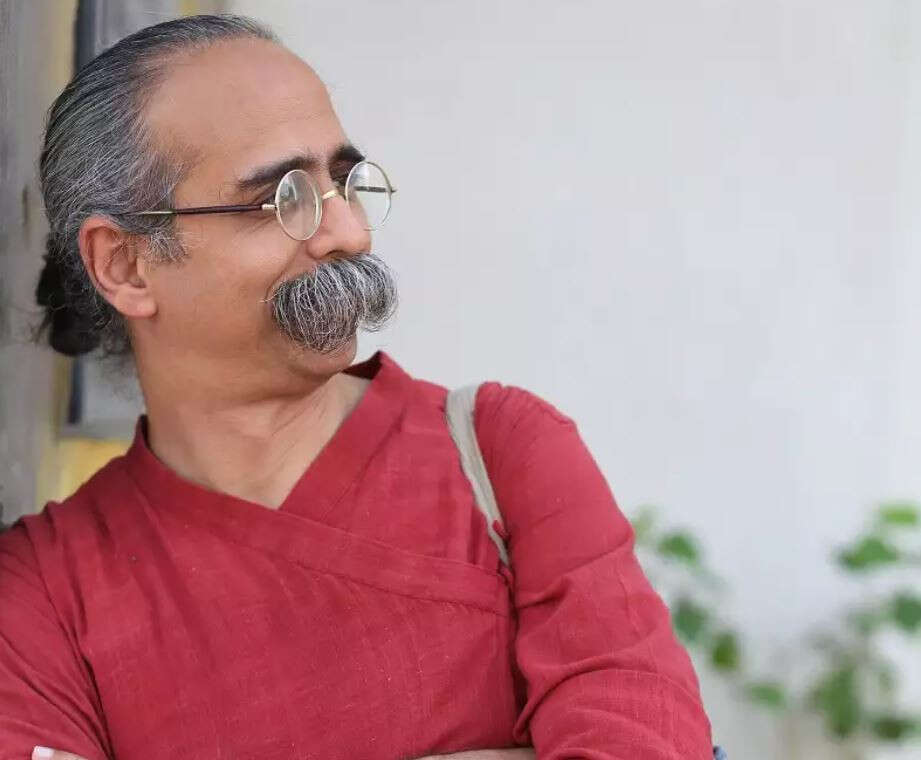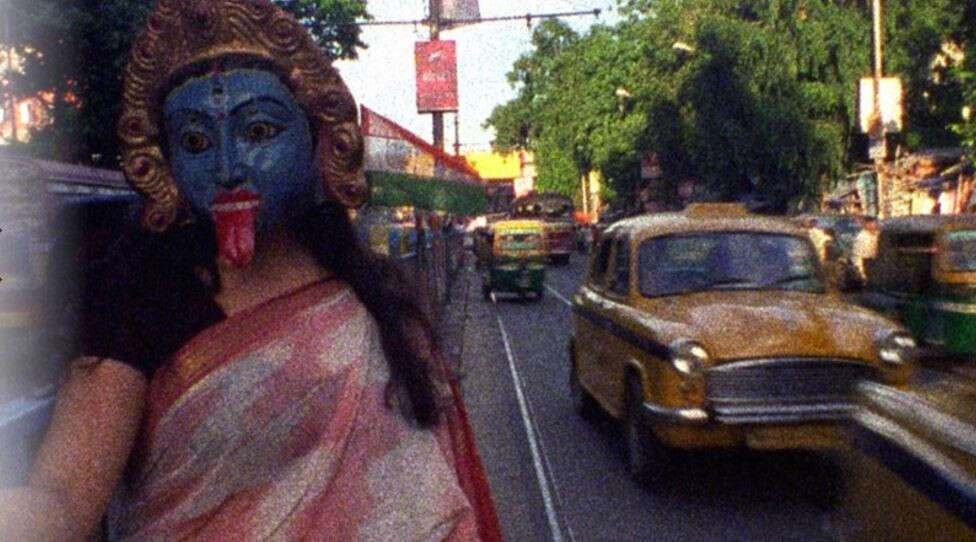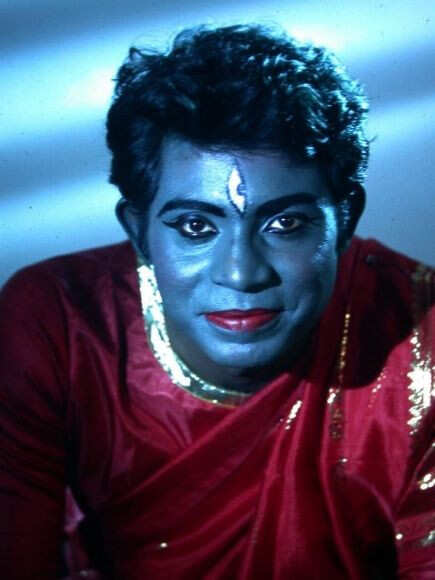Avikunthak’s is a 'consciously difficult' brand of cinema – one that presents films as immersive experiences rather than narratives
Why is it that the need to understand is often more pressing than the need to experience? It is this ennui-riddled question that summarizes auteur Ashish Avikunthak’s two-decade-long film career. He is often called an ‘avant-garde’ and ‘experimental’ filmmaker which, I can only imagine, thoroughly annoys him. ‘Avant-garde’ is as much of a genre as ‘normal’ and in his own words he “isn’t really experimenting with anything.”
What connects Avikunthak’s films is a deeper, more realised theme of loss. His films ‘Performing Death’, ‘Et Cetera’, ‘Vakratunda Swaha’ (shorts) and ‘Rati Chakryavyuh’ (feature) all directly deal with death in some way while the others have ominous undertones – both audible and visual – that hint towards it. But it is his unique lens on these subtexts that stand apart.

Avikunthak would rather not focus on prying away the violence in death. Like a true existentialist if that broad umbrella can indeed summarise his oeuvre, he focuses on the sorrow and nostalgia of it. The only form of violence that his films depict is perhaps the most respectable of all – trauma. The background score in these films too is more ambient than piercing. They often become the white noise against which one’s thoughts race as Avikunthak’s jarringly brilliant sequences plays out. It is this contrast that lends a certain depth to his films, one uniquely his own. It allows you to detach from the narrative (or the absence of one) and delve deeper into the ideas that his sequences introduce. As opposed to the labyrinthine trips that a Jodorowsky or a Lynch film spur you on, these are almost purely existential. While Lynch’s visuals demand a certain degree of attention to decode the absurdist undercurrents, Avikunthak’s cinema demands you to drift off towards tangential, but personal thoughts in their own regard. In case a stubborn moviegoer does try to decipher his frames, they are bound to get instantly annoyed by his “mahua” cinematography.

Both ‘Vakratunda Swaha’ and ‘Performing Death’ rely on chaos to dissociate the viewer from the actual visuals. I tried, on numerous occasions during ‘Performing Death’, to read the words on the headstones that Avikunthak’s camera buzzed over. It wasn’t until the halfway mark that I realized he is consciously cutting away before I ever have the chance to do so.
As for ‘Vakratunda Swaha’, it is simply a celluloid reel dipped in a festering mix of grief and trauma. Broken Ganesha idols, sinister-looking gas masks, chants and murmurs all come together in the film to paint a striking picture of existential dread. This realization though did only strike me when I was done with his feature ‘Rati Chakravyuh’. Unaware of Avikunthak’s stance on violence, I was expecting the film’s climax to be exactly what the synopsis (and my scandalized idea of parallel cinema) promised – a mass suicide. Instead, the film simply fades to black informing the viewers that the newlyweds in the film walked to Hamlin’s cliff shortly after their conversation. “It is not important to know how, it is not important to know why. You should just know that these people are not among us anymore,” the title card reads. To me, Avikunthak avoided being hypocritical by doing this. It would turn his commentary into a narrative, the one thing he asks us not to look for. 
The only aspect to his cinema which I found myself at a loss to come to terms with, is his apparent distaste for mainstream cinema. And what makes this disdain for the mainstream somewhat warranted is the severe lack of funds that his films have regularly faced. Perhaps, this is the struggle that every Sisyphus faces once they choose their purpose, a long arduous road that is often not painted with pretty pictures. The only antidote for this in my opinion is to keep killing the thinking birds – and Avikunthak is already exceptionally good at it.
Ashish Avikunthak’s movies and shorts are streaming on MUBI India.
Next Story


